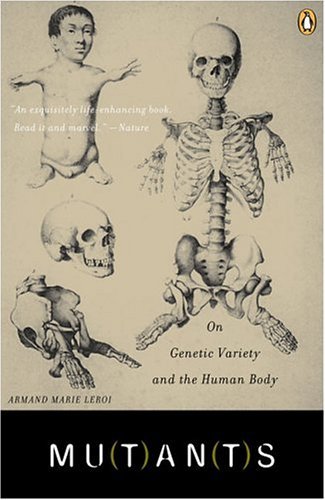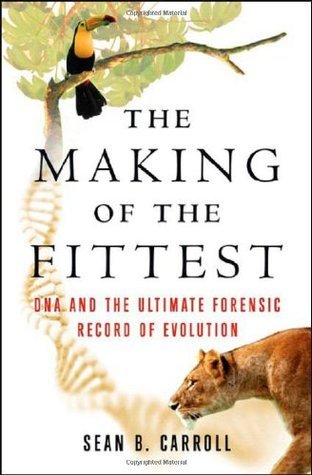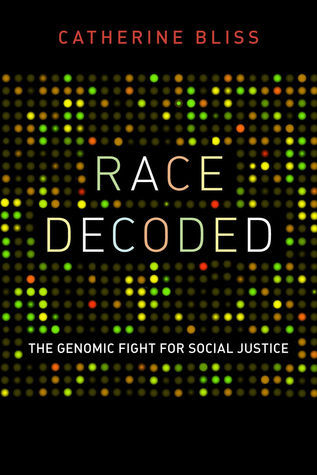
Genome: The Autobiography of a Species in 23 Chapters
Book Description
What if the secrets of life itself were hidden within a single thread? In "Genome: The Autobiography of a Species in 23 Chapters," Matt Ridley unveils the astonishing story of human DNA, the blueprint of existence. Each chapter delves into the remarkable interplay of genes that shape our identity, influence our destinies, and drive the evolution of civilization. With gripping clarity, Ridley reveals how our genetic make-up affects everything from health to behavior, igniting a quest for understanding and revelation. Can humanity truly grasp the power woven into its very fabric?
Quick Book Summary
"Genome: The Autobiography of a Species in 23 Chapters" by Matt Ridley offers a thought-provoking journey through the human genome, using each of its 23 pairs of chromosomes as a window into the profound forces shaping who we are. Ridley explores not just the science behind genes and DNA, but the personal, historical, and philosophical questions they raise. He reveals how genes influence our health, personality, and destiny, while also addressing the complexities and surprises within genetics. From inherited diseases to the roots of intelligence and behavior, Ridley debunks genetic determinism, emphasizing the dynamic interaction between our genes and our environment. This narrative brings genetics to life, revealing both the power and limitations of our genetic code.
Summary of Key Ideas
Table of Contents
Genes and Human Identity
Ridley opens by presenting the genome as a narrative structure, with each chromosome representing a chapter in the story of human life. He demystifies the basics of DNA, showing how just four nucleotides combine to compose an individual’s biological identity. The ingenious structure of the book mirrors the actual genetic blueprint, allowing readers to appreciate the scale and complexity of our hereditary information without getting lost in technical jargon. Through relatable language, Ridley establishes genes not as distant abstractions, but as living influences at the core of each person’s existence.
The Interplay of Nature and Nurture
A major theme is the ongoing dialogue between genetic inheritance (nature) and environmental influence (nurture). Ridley explores how genes set certain potentials and predispositions, but their actual expression may depend on external factors, from nutrition to social environment. He critiques both genetic determinism and the notion that upbringing alone shapes who we become, demonstrating through real examples that genes and environment are inextricably intertwined in shaping intelligence, personality, and even susceptibility to disease.
Evolutionary History Encoded in DNA
Tracing our evolutionary journey, Ridley illustrates how the genome records not just individual heritage but the history of our species. He explores pivotal genes that highlight major evolutionary leaps, such as those granting immunity from specific diseases or facilitating complex brain functions. By examining the deep roots of particular genes, Ridley reveals how genetic tinkering over millions of years has produced the species we are today. The book also explores the persistence of genetic mutations—sometimes harmful, sometimes beneficial—and how this continual process spurs adaptation and diversity within populations.
Genetics and Disease
Ridley devotes substantial attention to the role genes play in heredity and disease. He discusses genetic disorders and the sometimes unpredictable manner in which they manifest across generations. The narrative examines how knowledge of one’s genetic predispositions is both empowering and challenging, raising difficult questions about medical intervention and personal responsibility. Through stories of real individuals and families, Ridley humanizes the clinical aspects of genomics, showing the profound effect genetic understanding has on personal health decisions and broader medical advances.
Ethical and Societal Implications of Genetics
Finally, Ridley tackles the ethical and societal implications of the genetic revolution. He explores dilemmas posed by gene therapy, cloning, and genetic screening, questioning how society should wield its newfound power over the blueprint of life. By highlighting the tension between innovation and caution, Ridley stresses the importance of thoughtful discourse on genetic manipulation. The book closes with a call for humility and wisdom, recognizing both the power embedded in our DNA and the limitations of our understanding, and urging society to proceed with care as it deciphers life’s most fundamental code.
Download This Summary
Get a free PDF of this summary instantly — no email required.





